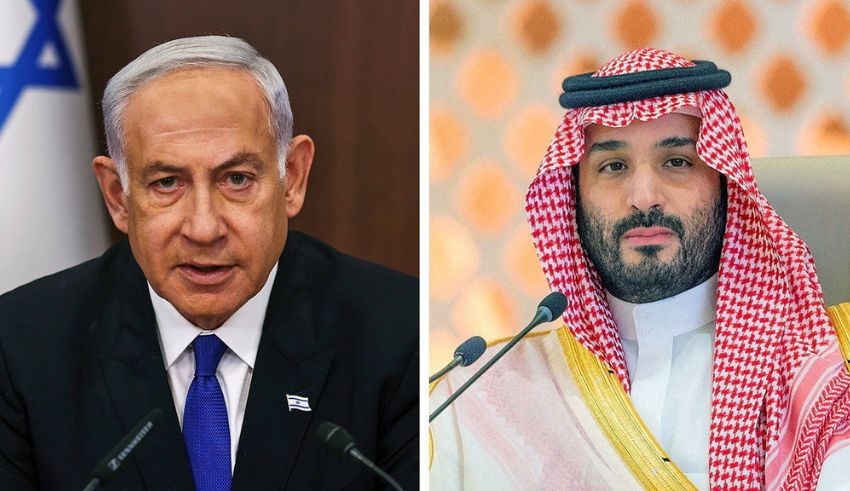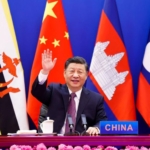
With the US promoting and anticipating normalization between Israel and Saudi Arabia relations, the Israeli Prime Minister Benjamin Netanyahu will likely look to China. Beijing helped normalize Saudi-Iran relations, and Israel may likely expect the same.
Netanyahu said in June he was invited by China after Chinese President Xi Jinping reiterated Beijing’s offer to mediate the Palestinian-Israeli conflict. His trip was scheduled for July, but has been deferred to later this year because the Israeli government is caught up in domestic protests brought about by Netanyahu’s rushed decision for the country’s judiciary overhaul.
Analysts believe the Israeli PM could seek China’s help to fast-track Israel’s normalization of ties with Saudi Arabia. Pan Guang, dean of the Centre of Jewish Studies Shanghai, said China’s help would be one of Netanyahu’s key missions. He believes China had leverage compared with the US when it came to the mediation process, but the Israel-Palestine conflict would be a challenge. Guang highlighted that Saudi Arabia’s relations with China, compared with the United States, are on the rise, while with the US, it’s on a decline. The analyst pointed out that the Biden administration talks about human rights, which quite troubles the Saudis, but Beijing does not interfere with domestic affairs like human rights.
For Israel, normalizing ties with the Kingdom is an ambitious target as it wants to add Saudi Arabia to the Abraham Accords. But Riyadh is taking cautious steps. It has demanded more security assurances, including advanced weapons sales, a US pledge to defend the Kingdom if attacked, in addition to support for a civil nuclear programme that would allow domestic uranium enrichment. However, Washington hasn’t responded.
Keep Reading
As a big brother, the US has urged Israel to de-escalate tensions with the Palestinians and relook at the judicial overhaul – all in exchange for normalization of relations. Guang says if it comes to China, Saudi Arabia will ask for a halt to the building of settlements in the occupied Palestinian territories, and this demand would much likely be rejected by Israel.
Tuvia Gering, a researcher with the Diane and Guilford Glazer Israel-China Policy Centre at the Institute for National Security Studies in Tel Aviv, said negotiations over Saudi-Israel relations had only been arranged by the US, and Riyadh is more interested in what it could possibly get from Washington, such as F-35 fighter jets. He believes Beijing would love normalizing relations between Israel-Saudi because these two countries are close US partners.


























